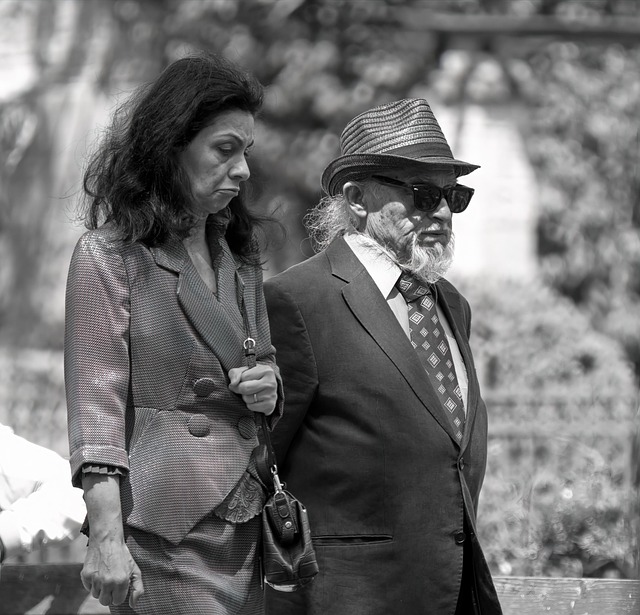In the vibrant world of rap, where the beats often resonate with both highs and lows, the theme of sobriety has emerged as a powerful declaration. The culture surrounding this genre has historically intertwined with nightlife, parties, and a celebration of indulgence. Yet, a growing movement within rap is challenging this narrative, redefining what it means to be authentic and artistic in a music environment that has long glorified excess.
Sobriety in rap is not merely a personal choice; it’s becoming a collective stance, signaling a shift in priorities and values among artists. The rap scene, renowned for its raw and unfiltered storytelling, reflects the journey of individuals navigating through their struggles. Artists are now using their platforms to express the depths of addiction and the triumphs of recovery. This shift allows for a profound connection with their audience, grounding their artistry in experiences that resonate deeply within the human condition.
Rap has always been about honesty, and sobriety introduces a new layer of authenticity; it compels artists to confront their demons in a way that feels offbeat from the overpowering party anthems. The genre’s core strength lies in its relatability, and by embracing sobriety, rappers are opening dialogues about mental health, resilience, and self-discovery. This emergence cultivates a richer culture, wherein the music no longer just serves as an escape but as a tool for healing and awareness.
The evolution of sobriety in rap can also be seen in the rhythms and lyrics, which now reflect a more introspective approach. Artists are crafting songs that symbolize their paths to sobriety, showing that it is possible to enjoy life and create art without relying on substances. The rap landscape is witnessing the rise of a new paradigm where parties are interpreted differently—not as venues for excess but as spaces for genuine connection and celebration of one’s journey. Each beat and rhyme becomes a symbol of triumph over adversity, resonating with listeners who may also be grappling with their own struggles.
Moreover, sobriety fosters a sense of community among artists and fans alike. Live performances are transforming into gatherings where shared experiences are highlighted, bringing people together in an atmosphere of support rather than indulgence. Social media platforms amplify these connections, with artists openly discussing their journeys, creating safe spaces for conversations about mental health and recovery within the music culture.
This movement towards sobriety is not devoid of challenges. Artists face pressures to conform to the traditional narratives that dominate the genre. Nevertheless, those who dare to speak their truth are carving out a niche that values authenticity over theatrics. They are redefining success in an industry often dictated by superficial standards. Their ability to sustain creativity while living sober becomes a powerful narrative that inspires others, making a ripple effect in the music community.
As we move further into a future where sobriety takes its rightful place within rap, one can only anticipate the impact it will have on the genre’s evolution. As artists continue to navigate their narratives, sobriety will be an integral theme—one that champions resilience, authenticity, and the multifaceted nature of artistry. In this new ethos, rap becomes not only an art form but also a lifestyle rooted in self-affirmation and growth, paving the way for a more profound music culture.




